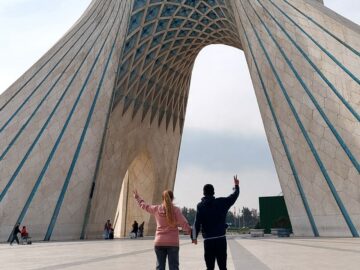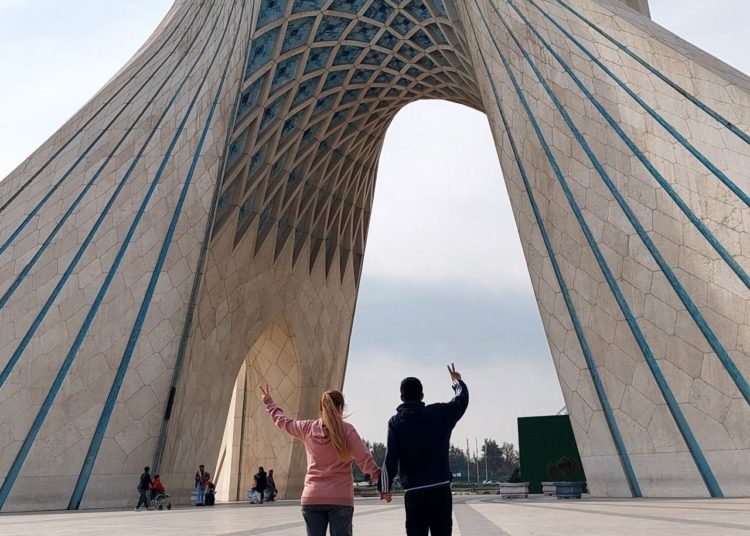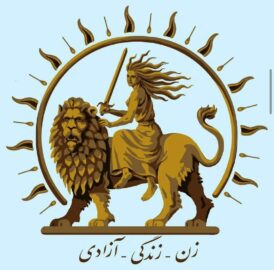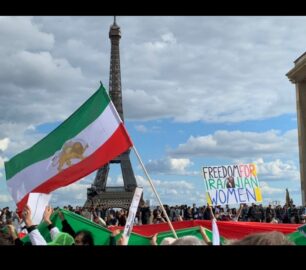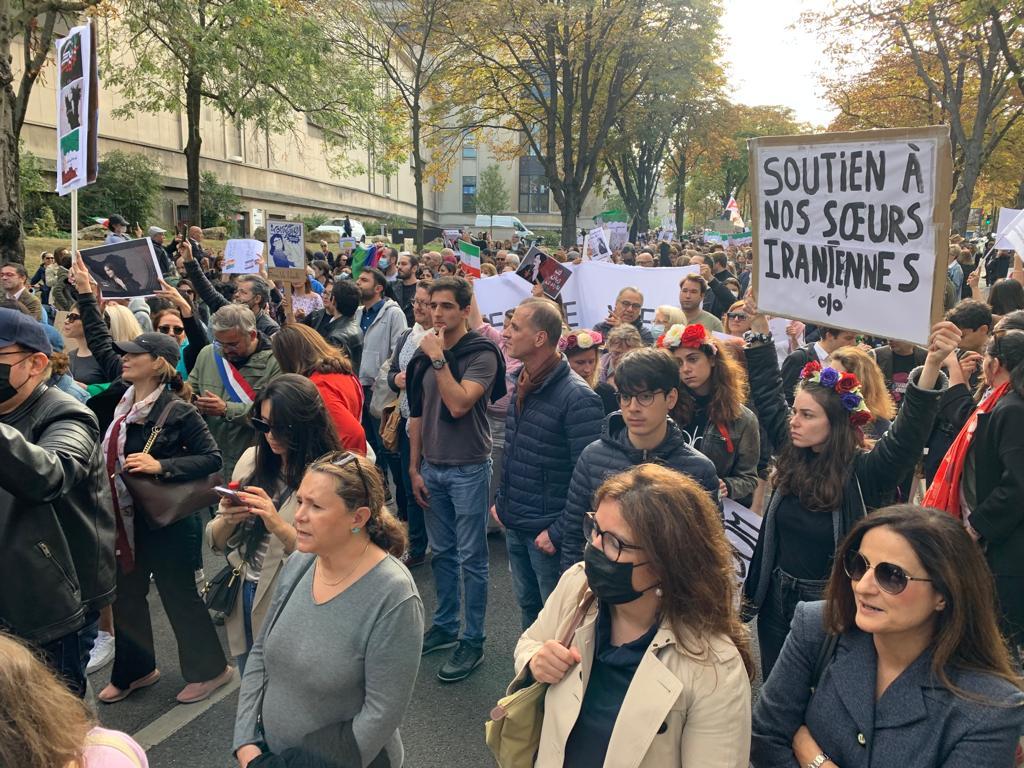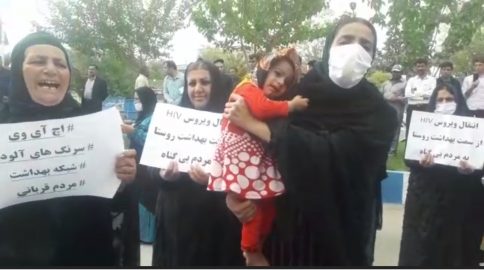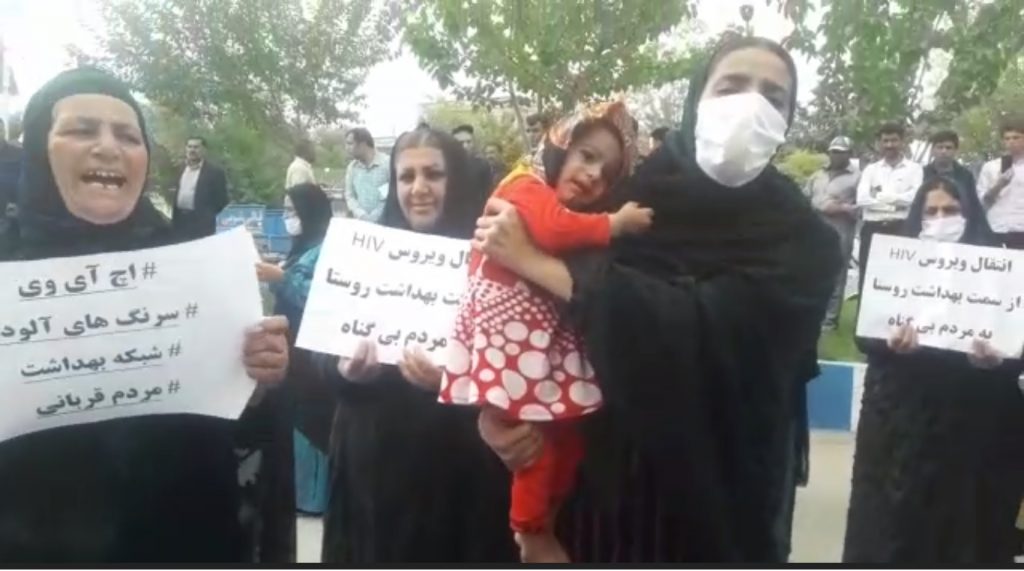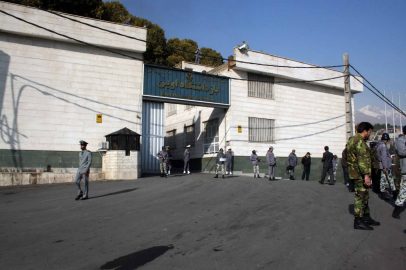
Par Nazila GolestanPublié le 16/03/2023 à 17:17

FIGAROVOX/TRIBUNE – Six mois après la mort de Mahsa Amini, des femmes iraniennes continuent de descendre dans la rue et ce, malgré la répression du régime, écrit Nazila Golestan. Plus que jamais, ces héroïnes attendent notre soutien, ajoute la porte-parole de l’association Hamava.
Productrice de télévision, Nazila Golestan est opposante iranienne et porte-parole de l’association Hamava, une «coalition nationale pour un Iran démocratique et laïque».
Six mois se sont écoulés depuis le meurtre de Mahsa Amini par le régime théocratique iranien. Sa mort, après avoir été battue par la police des mœurs à cause d’un voile «mal porté» a été l’étincelle qui a suffi à embraser un pays déjà soumis à une lourde pression depuis quatre décennies. Depuis six mois, les Iraniennes et les Iraniens descendent courageusement dans la rue aux cris de «femmes, vie, liberté». Malgré l’utilisation systématique de la violence et du black-out numérique pour les faire taire, les manifestants continuent de défier le régime.
Il y a deux jours, c’était la fête du feu en Iran. Bravant de nouveau les interdits, les Iraniennes et les Iraniens ont sauté au-dessus des flammes selon la tradition zoroastrienne, datant de l’époque préislamique. Les femmes iraniennes se sont appropriées cette coutume symbolique en la transformant en un acte politique : elles ont brûlé leur voile en le jetant dans le feu et en dansant autour.
En dépit des menaces répétées, le mouvement «femme, vie, liberté» résiste courageusement et renouvelle ses modes de revendications.
La République islamique est un système politique théocratique dans lequel la corruption est institutionnalisée de manière systématique et structurelle dans tous les secteurs de la société.
Même les mineurs sont victimes de la répression. Une centaine de filles ont été intoxiquées au gaz dans plusieurs écoles du pays. Un acte barbare que les manifestants voient comme une forme de représailles du régime contre les filles et les femmes iraniennes qui sont les leaders des protestations. De même, pour avoir dansé sans hijab depuis le quartier rebelle d’Ekteban à Téhéran à l’occasion de la journée des droits des femmes, cinq jeunes femmes ont été arrêtées par les forces de sécurité. Pour dénoncer cet acte de répression misogyne, les femmes ont repris cette danse partout dans le pays, puis dans le monde. Elle est devenue le nouveau symbole de la lutte contre la discrimination sexuelle qu’elles subissent en Iran.
La République islamique est un système politique théocratique dans lequel la corruption est institutionnalisée de manière systématique et structurelle dans tous les secteurs de la société. Le guide suprême est seul aux commandes. La Constitution de la République islamique part du principe que la femme est une citoyenne de seconde zone, elle est légalement la propriété de l’homme et doit mener sa vie en faisant bien attention de ne pas enfreindre une multitude d’interdits divers et variés sous peine de sanction allant jusqu’à la mort. Interdits économiques, interdits d’aller et venir, interdits empêchant chacune d’elles de disposer de soi-même.
Chaque année, plus de 134 milliards d’euros (6000 milliards Tooman) du budget public iranien sont alloués au financement des crimes contre les femmes. C’est le financement de l’industrie de la répression et de la violence systématique envers les femmes. Plus de 30 institutions dépensent une part importante de ce budget pour faire de la publicité et imposer le hijab ainsi que le contrôle de la «pudeur». D’autres, comme l’organisation de la «Promotion de la vertu et de la prévention du vice» sont spécifiquement chargés de la répression et de la violence contre les femmes dans les lieux publics et privés. Cette l’année, le budget de cette institution s’élève à 400 millions d’euros (1180 milliards Rials).
Ainsi, la discrimination sexuelle institutionnalisée par le régime de la République islamique constitue un apartheid sexuel.
Nazila Golestan
En plus de ces institutions de répression misogyne, des dizaines de milliards sont dépensés chaque année dans des organismes et des publications de propagande islamique, des expositions sur le hijab et la pudeur islamique sont organisées à travers le pays. Des centaines de milliers de personnes profitent financièrement de cette industrie.
Ainsi, la discrimination sexuelle institutionnalisée par le régime de la République islamique constitue un apartheid sexuel. Celui-ci, bien que dénoncé, ne fait l’objet d’aucune convention spécifique parce qu’il est essentiellement envisagé comme un problème intérieur relevant de chaque État.
Aujourd’hui, six mois après le meurtre de Mahsa Jina Amini, dans tous les coins de l’Iran, des provinces centrales aux plus périphériques, les Iraniens et les Iraniennes de toutes les classes sociales et de tous les milieux manifestent au péril de leur vie pour accomplir une transition non violente, de la théocratie islamique à une démocratie laïque respectueuse de la souveraineté nationale et de l’intégrité territoriale sous le drapeau de l’Iran. La résistance se poursuit même derrière les barreaux pour les leaders de la mobilisation, comme Narges Mansouri, Toomaj Salehi, Narges Mohammadi, soheila Hejab, Atena Daemi, Gitti Pourfazel, Nasrin Sotoudeh, Mohammad Najafi. Ce sont des journalistes, des enseignants, des avocats, des artistes, des médecins, des activistes écologistes, des gens du peuple qui sont les héroïnes et les héros grâce au courage dont ils font preuve. Ils sont déterminés et structurés. Ils sont à l’intérieur de l’Iran et ils ont besoin de notre soutien.



